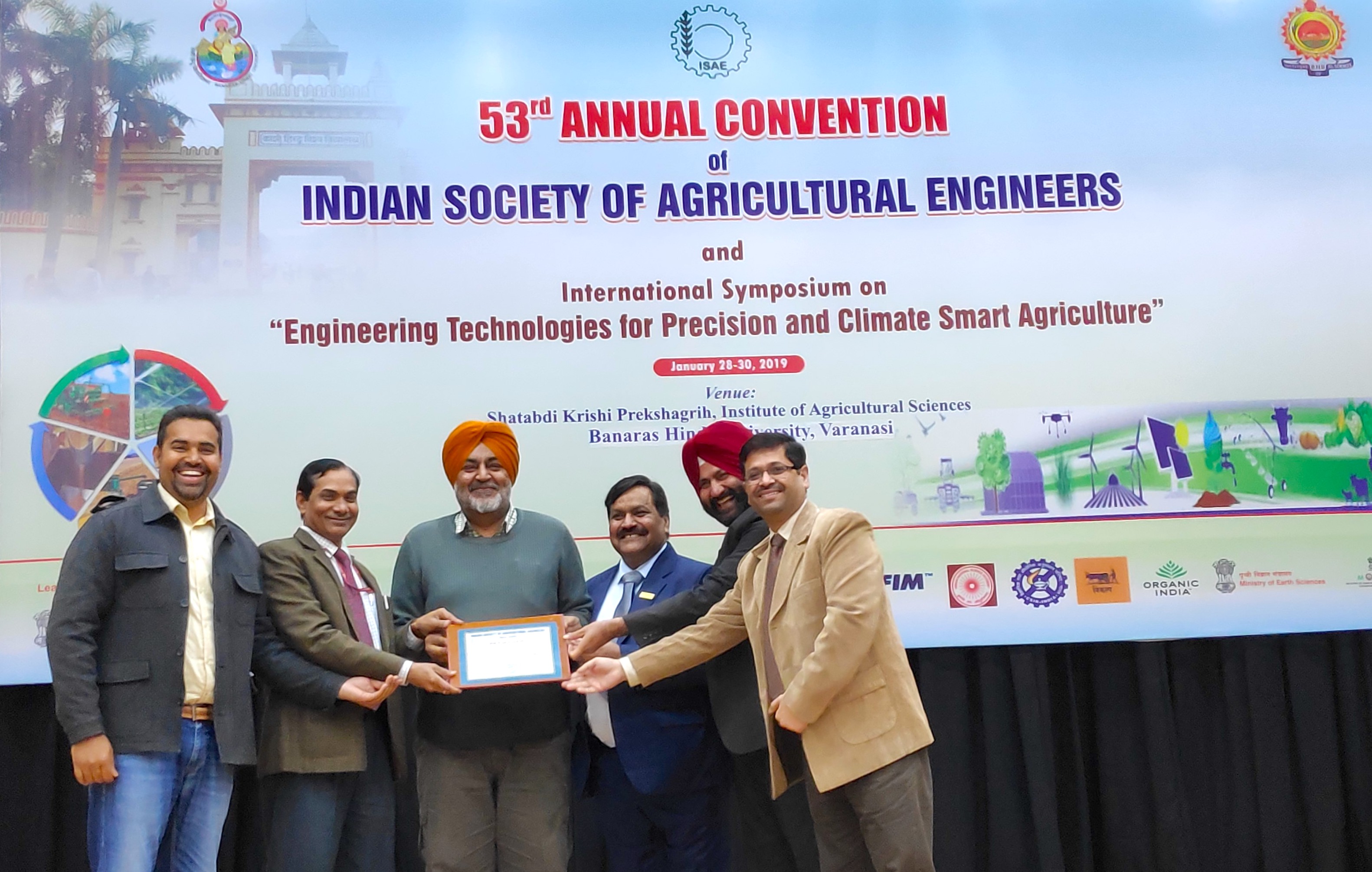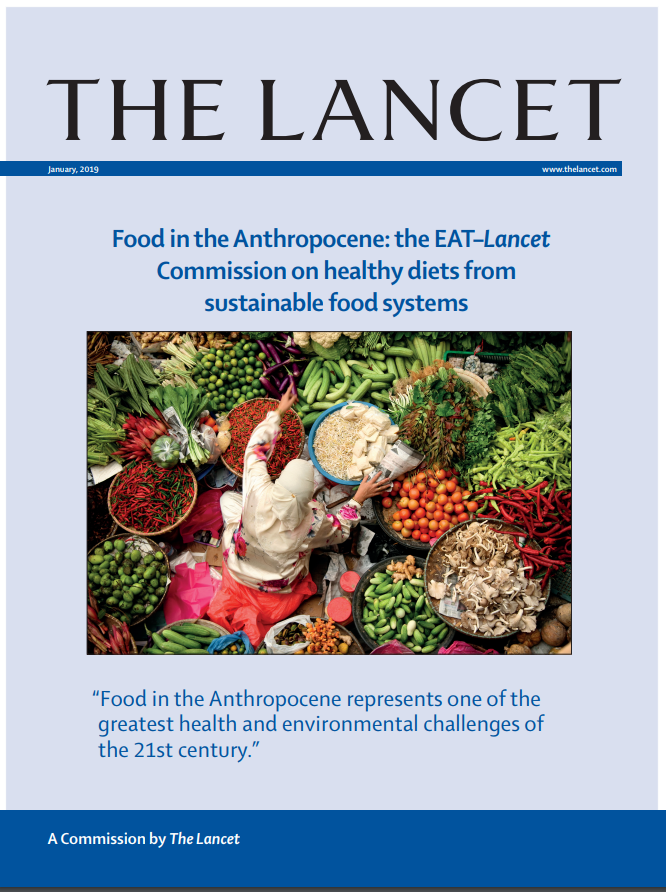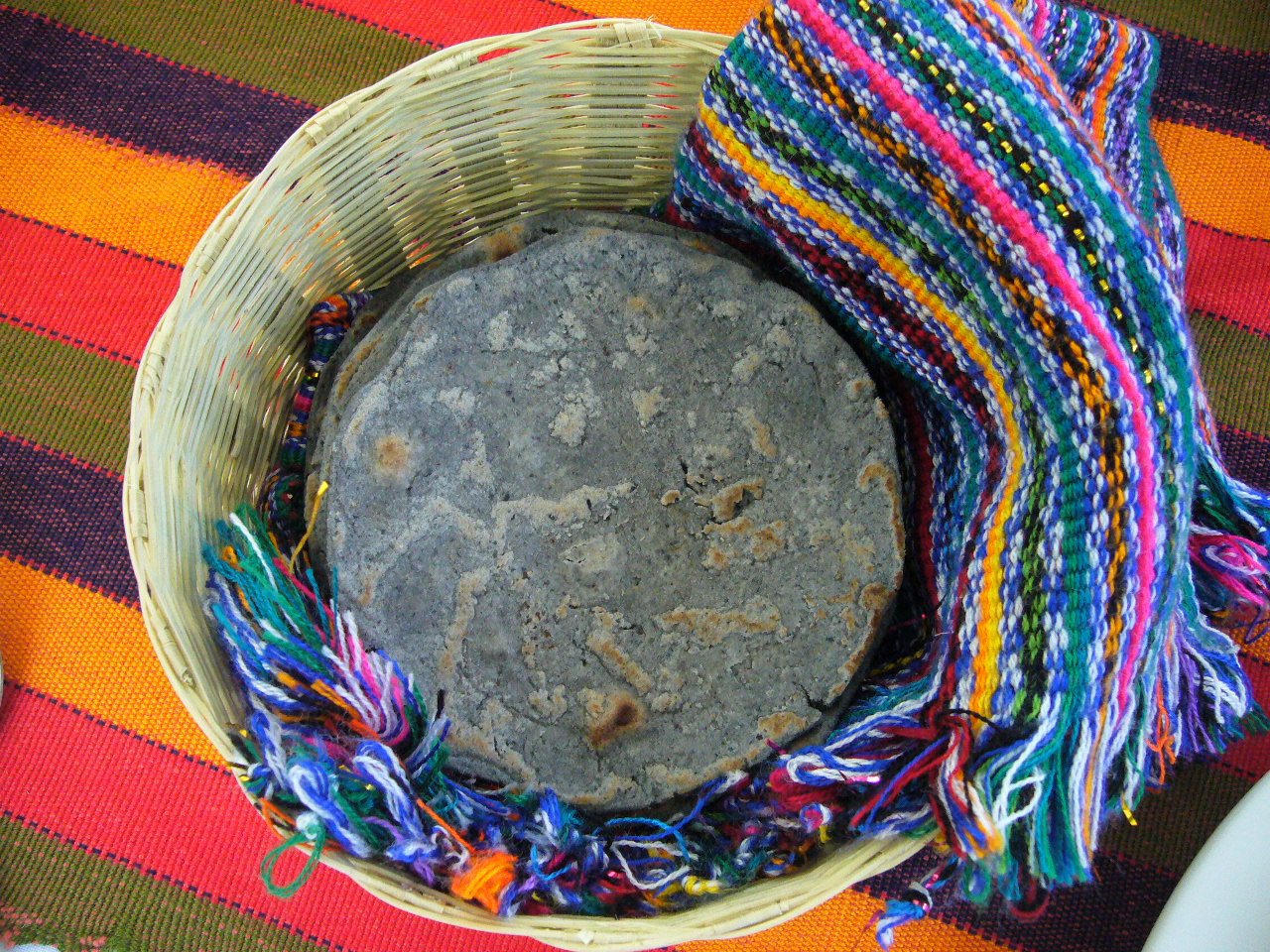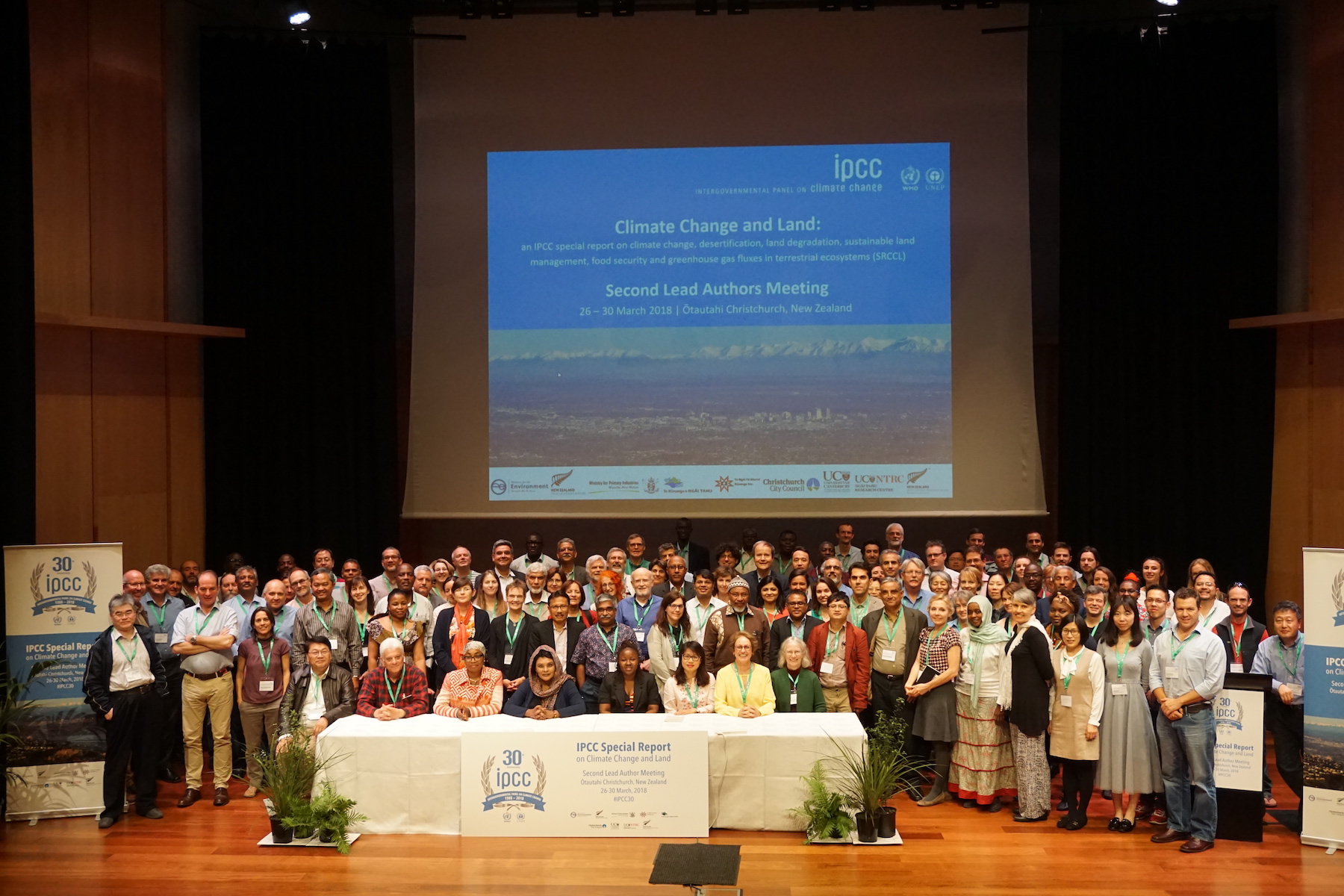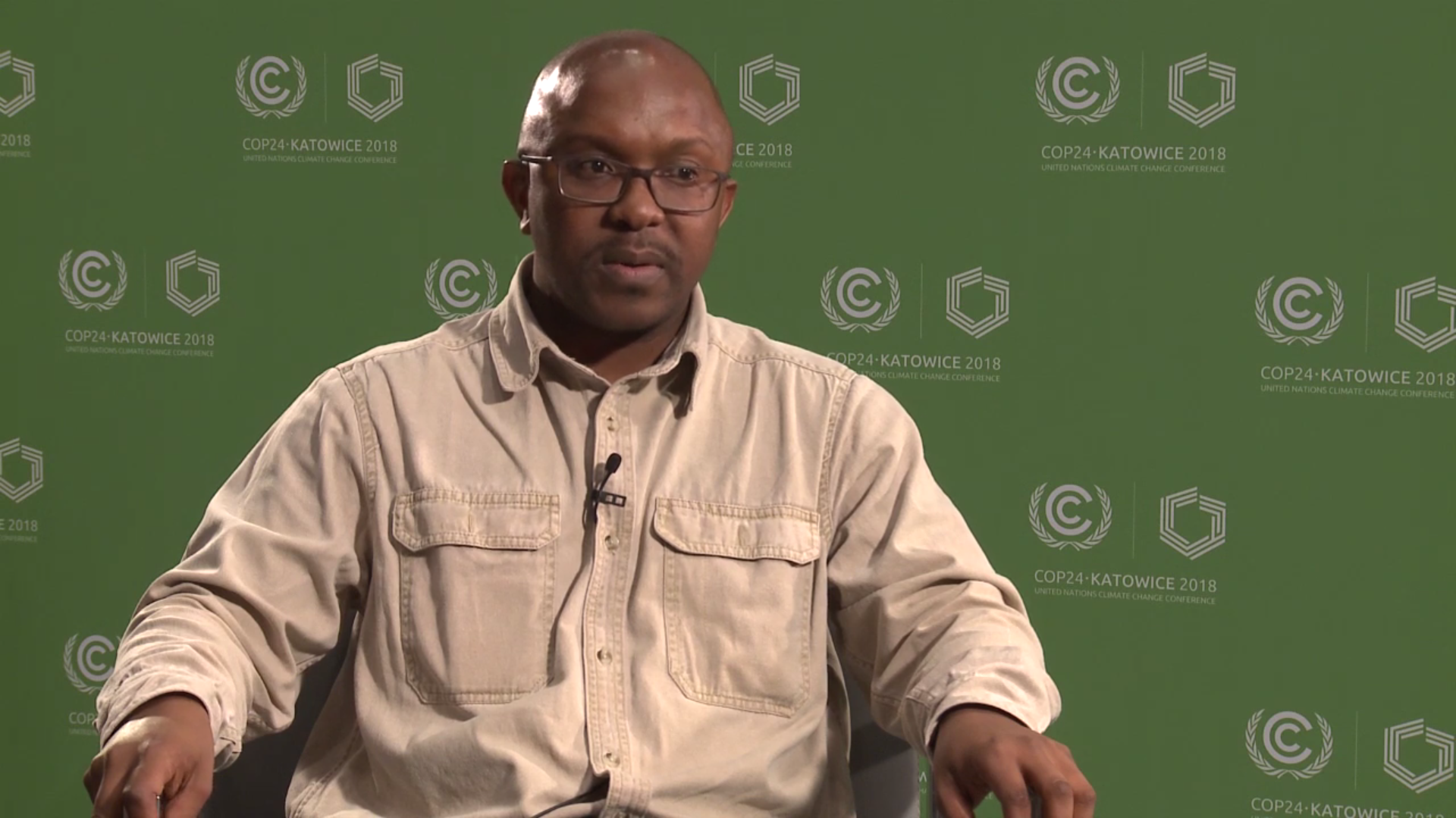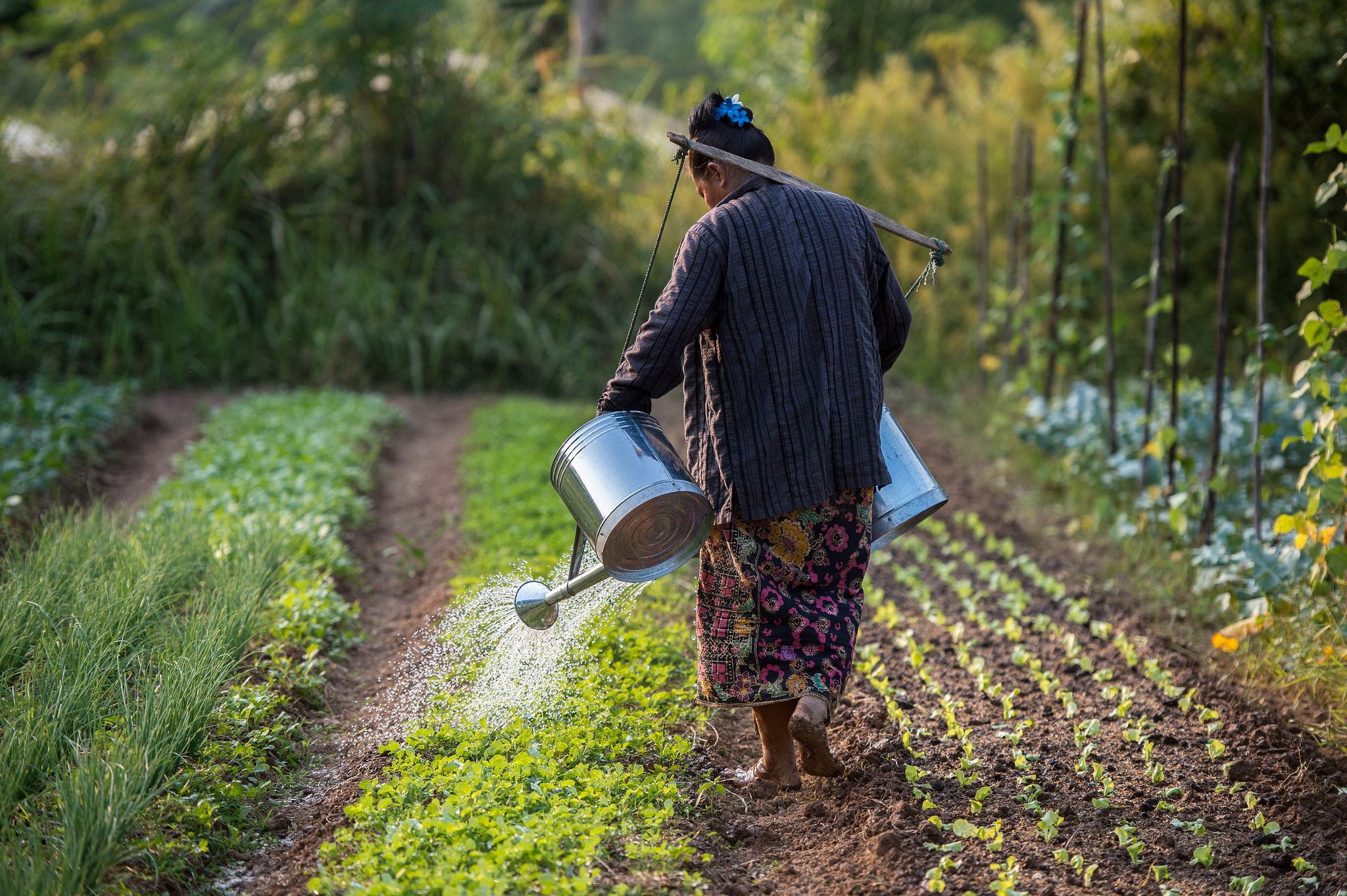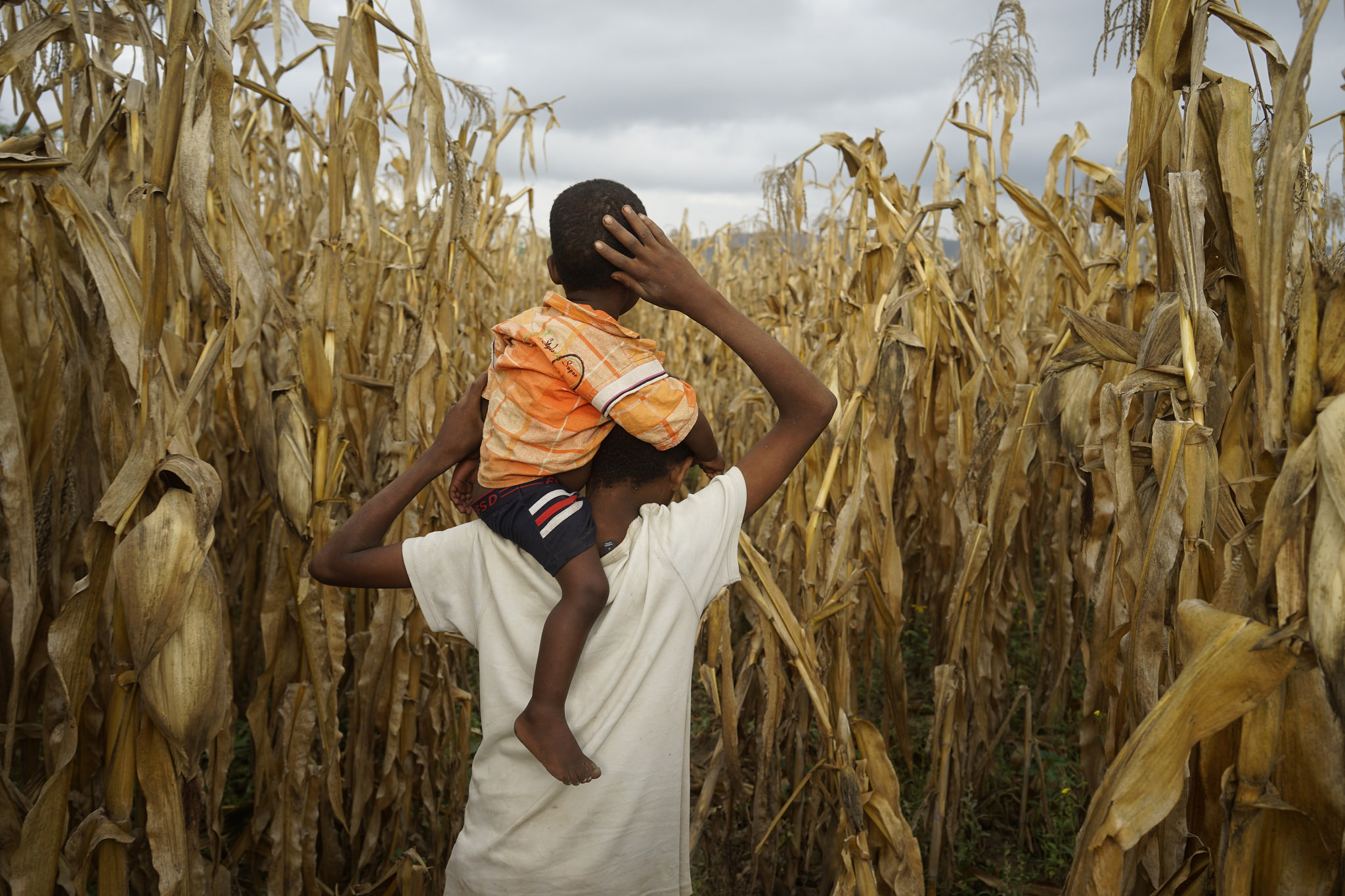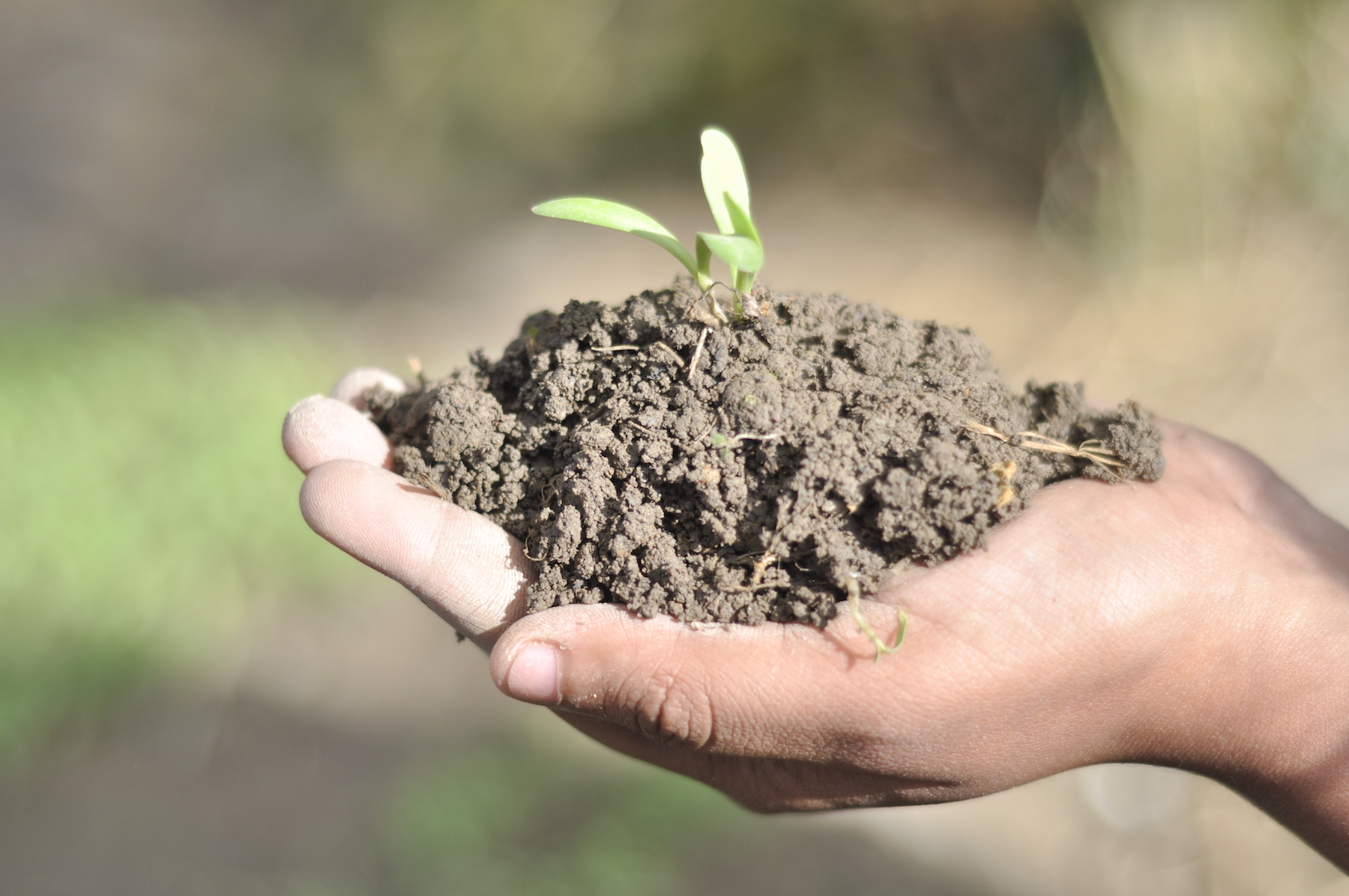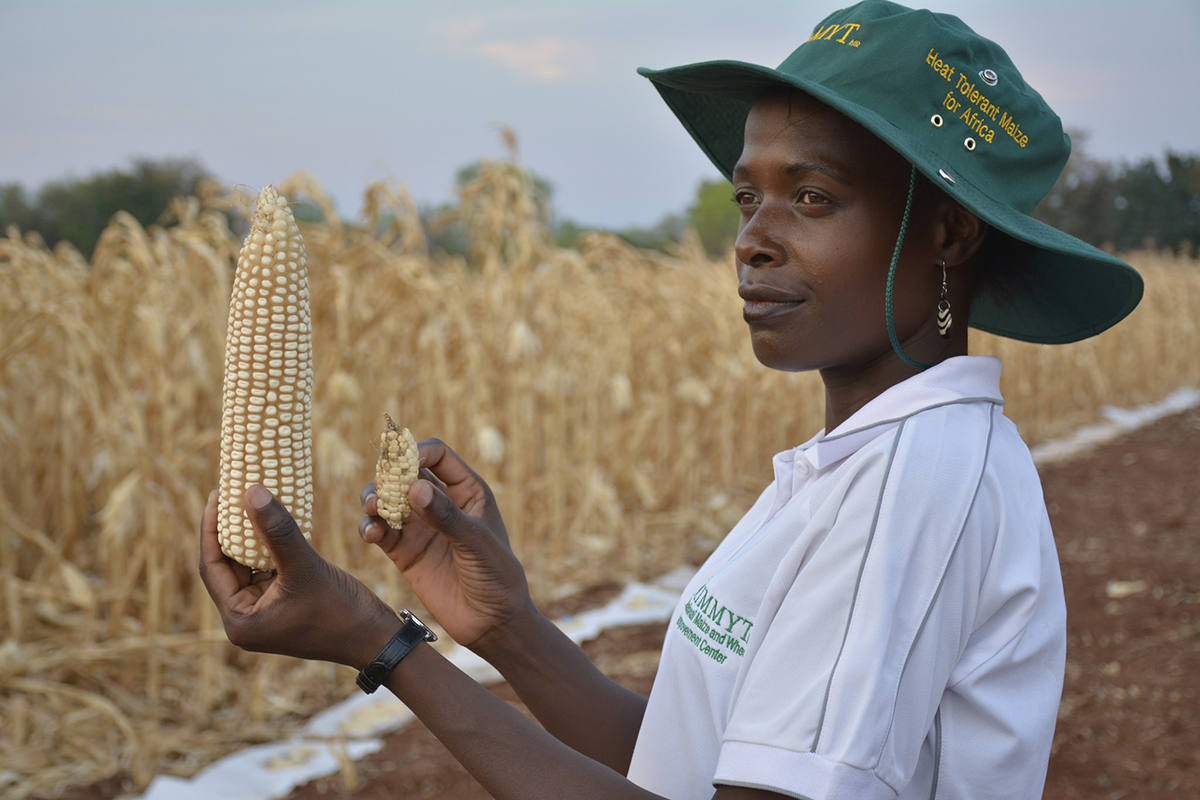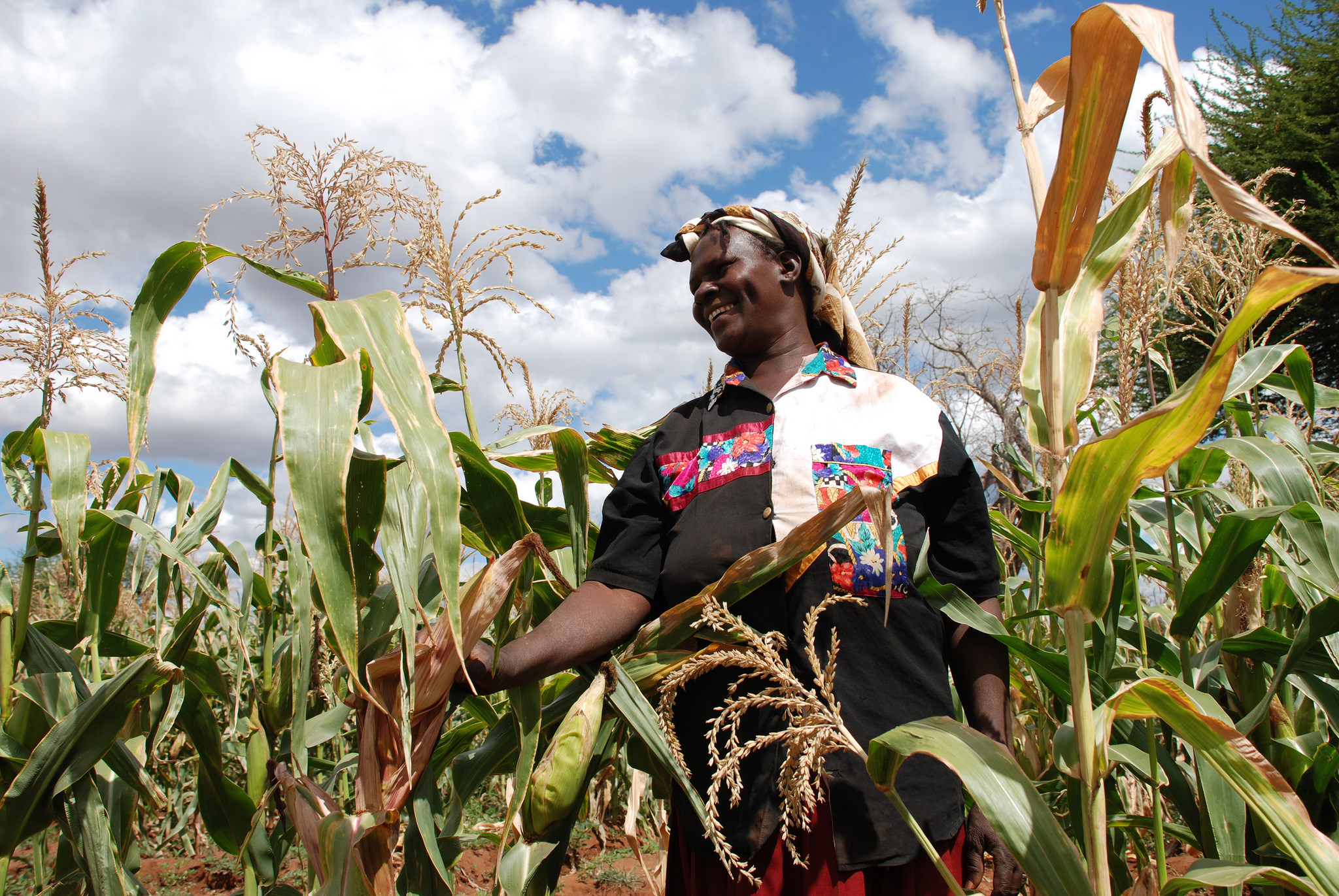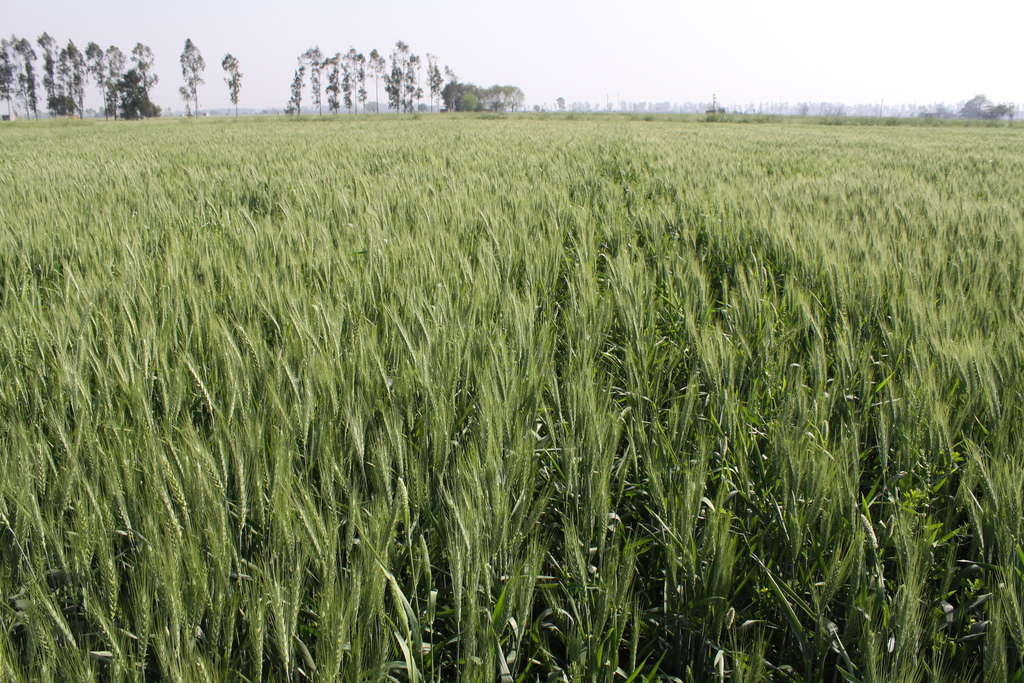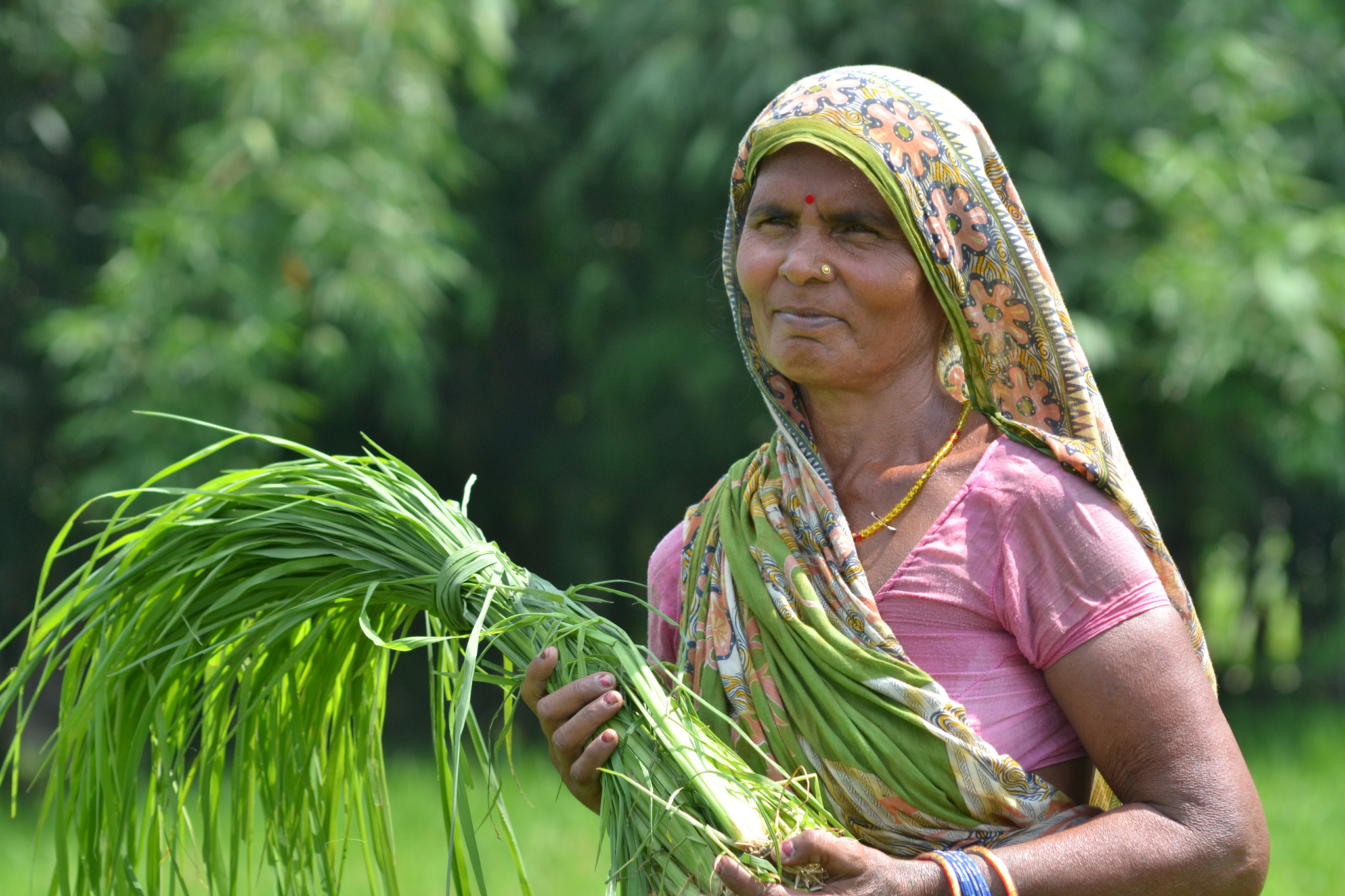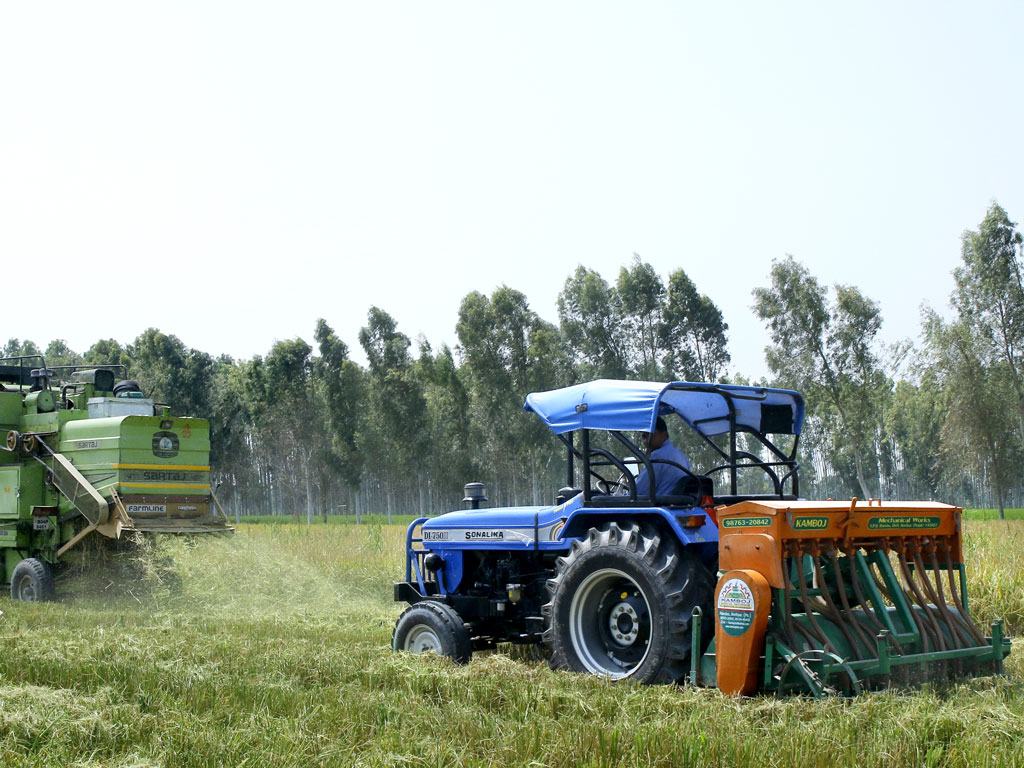Climate adaptation and mitigation
Climate change threatens to reduce global crop production, and poor people in tropical environments will be hit the hardest. More than 90% of CIMMYT’s work relates to climate change, helping farmers adapt to shocks while producing more food, and reduce emissions where possible. Innovations include new maize and wheat varieties that withstand drought, heat and pests; conservation agriculture; farming methods that save water and reduce the need for fertilizer; climate information services; and index-based insurance for farmers whose crops are damaged by bad weather. CIMMYT is an important contributor to the CGIAR Research Program on Climate Change, Agriculture and Food Security.
BISA and PAU awarded for collaborative work on residue management
 Climate adaptation and mitigation
Climate adaptation and mitigation
Joint team recognized for their work on rice residue management using the Super Straw Management System, or Super SMS.
New report calls for urgent diet and food system changes to sustainably feed world
 Climate adaptation and mitigation
Climate adaptation and mitigation
EAT-Lancet Commission offers a roadmap for a global food system that provides a healthy, sustainable diet for the world’s 10 billion people by 2050.
Best of 2018: Editors’ picks
 Capacity development
Capacity development
In 2018, we published more than 200 stories related to maize and wheat science around the world. Here are some of our favorites.
Breaking Ground: Tek Sapkota finds ways to reduce emissions from agriculture without compromising food security
 Climate adaptation and mitigation
Climate adaptation and mitigation
He is one of the lead authors of the “Special Report on Climate Change and Land” of the Intergovernmental Panel on Climate Change (IPCC).
SACAU’s Majola Mabuza at COP24: How soil can help meet climate targets
 Climate adaptation and mitigation
Climate adaptation and mitigation
“At the production stage, soils have an important role to play in reducing carbon emissions.”
The impact of climate inaction on food security
 Climate adaptation and mitigation
Climate adaptation and mitigation
The global food system needs to be transformed to respond to the health and nutrition needs of the future. To achieve this, however, there needs to be a strong global program to prevent greater threats from climate change.
New publications: Climate change impact and adaptation for wheat protein
 Climate adaptation and mitigation
Climate adaptation and mitigation
Farmers cite climate change as biggest challenge, says World Farmers Organization at COP24 talks
 Climate adaptation and mitigation
Climate adaptation and mitigation
Climate is the most important challenge farmers face, because “they’re just influenced by it and there is little that they can do,” explains Luisa Volpe of the World Farmers Organization.
Gratitude for soil
 Climate adaptation and mitigation
Climate adaptation and mitigation
If we take care of our soils, our soils will take care of us.
In pictures: Six agricultural innovations combating climate change
 Climate adaptation and mitigation
Climate adaptation and mitigation
With agriculture on the agenda at COP24, we highlight six innovations improving resilience and productivity for agriculture.
CIMMYT drought tolerant maize: A key innovation for millions of farmers, says FAO
 Climate adaptation and mitigation
Climate adaptation and mitigation
Drought-tolerant (DT) maize was among 20 success stories featured at International Symposium on Agricultural Innovation for Family Farmers.
New study: India could cut nearly 18% of agricultural greenhouse gas emissions through cost-saving farming practices
 Climate adaptation and mitigation
Climate adaptation and mitigation
Study identifies hotspots for biggest impact, suggests government incentives for widespread adoption
New publications: Does a climate-smart village approach influence gender equality in farming households?
 Climate adaptation and mitigation
Climate adaptation and mitigation
